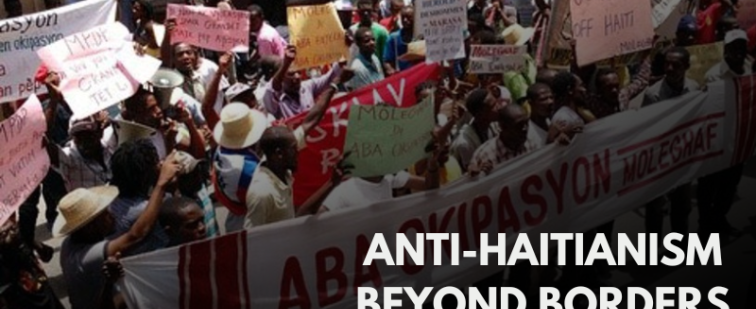Home
March 31 was an important date for the future of Latin America, especially from a symbolic perspective. George W. Bush received President Luiz Inacio Lula da Silva, the trade unionist in whom a great part of the continent placed its hopes for change when he put on the presidential sash of Brazil in January 2003, at his retreat outside Washington.
In early January, the Independent Press Association, a nonprofit organization based in San Francisco, quietly announced via e-mail to its members that it was ceasing operations, effective immediately. The news had already broken on the Internet, thanks to a former IPA staffer, but it would take a week before everyone confirmed the rumor that was circulating in independent publishing and media activism circles: The IPA was dead.
Leftist politics has always had a complex relationship with women’s struggles, one that many times translates into political exploitation and neutralization. The strategies are many: reducing women’s battles to a “theme” among many others; organizing them into sectors and hierarchies (the famous feminine “branch,” or women’s section of political parties), with a ranking system that assures that women’s objectives are not the top priority of any political program.
The two month old government of leftist Ecuadoran President Rafael Correa and the popular movements that back him have emerged triumphant in their first battle with the oligarchy and the traditional political parties that have historically dominated the country.
Many are speculating about the true colors of Latin America’s much-heralded “pink tide.” Just how close to socialist “red” are the region’s new left-leaning governments? This Report approaches the question from a different angle: Do the new governments promote the rights of women and lesbian, gay, bisexual and transgender (LGBT) people, who are often associated with the color pink?
During President Bush’s visit to Brazil thousands of poor, rural members of the international Via Campesina social movement and the Brazilian Movement of the Landless Rural Workers (MST) orchestrated massive, non-violent occupations of multinational agribusiness corporations throughout the country.
Activists gathered in Quito, Ecuador the first week of March in an International Conference for the Abolition of Foreign Military Bases. The International Network for the Abolition of Foreign Military Bases is a global network of individuals, organizations, social movements, and coalitions working for the closure of foreign military bases and other forms of military presence worldwide.
U.S. President George W. Bush arrives to Uruguay's capital, Montevideo, today, as part of his longest Latin American tour since his election in 2000. The significance of the visit, coming only a month and a half after the two countries signed a Trade and Investment Framework Agreement (TIFA), marking the first potential steps towards a Free Trade Agreement (TLC in its Spanish acronym), is not lost on the residents of this city, which composes half of this country's tiny population of 3.4 million.
"State of Denial" is the title of Bob Woodward's famous book on the Bush team's road to disaster in Iraq, but it would have served just as well for a description of their Latin America policy. This week President Bush heads South for a seven-day, five country, trip to Latin America to see if he can counter the populist political tide that has brought left governments to about half the population of the region.
It was exactly forty years ago that the musical revolution that came to be known as Tropicália was introduced to Brazil, and the world. Tropicália's genesis can be dated with some precision. It came when two musicians in their mid-twenties, Caetano Veloso and Gilberto Gil, courageously took to the stage at a 1967 song festival in São Paulo with compositions that they knew would sorely stress the boundaries of musical taste. Their performance was epoch-defining. It was a kind of big bang from which much that came afterward in Brazilian pop music history evolved.












